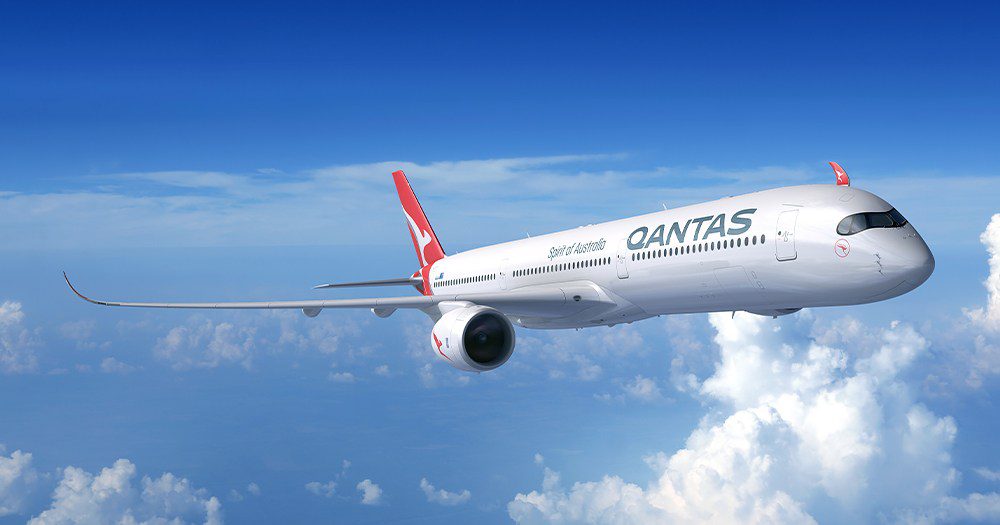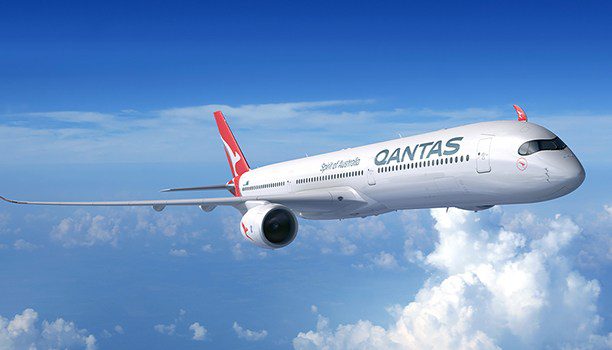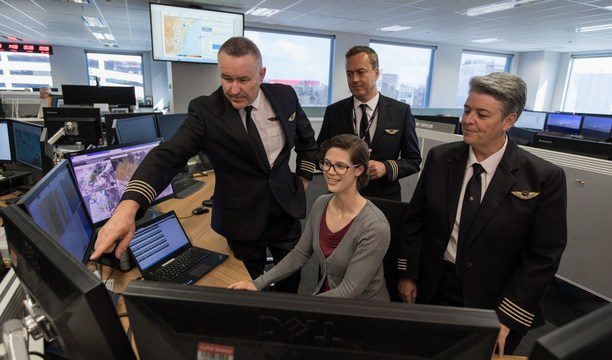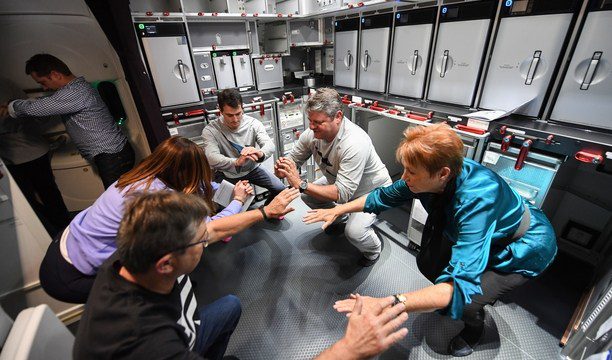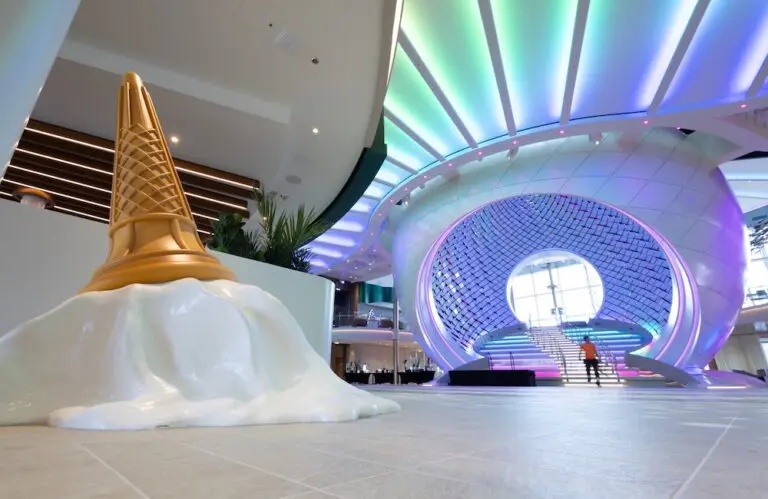Qantas has this morning announced several exciting developments for Project Sunrise ahead of a final yes or no decision, which will now take place in March 2020 (rather than by the end of this year).
Qantas Group CEO Alan Joyce said the national carrier’s support for Project Sunrise was stronger than ever, particularly after the success of recent ‘dry run’ research flights.
“Between the research flights and what we’ve learned from two years of flying Perth to London, we have a lot of confidence in the market for direct services like New York and London to the east coast of Australia,” he said.
Here is the lowdown on everything the flying Roo has decided as of today.
AT LAST! THE AIRCRAFT SELECTION
After a detailed evaluation of the Boeing 777X and Airbus A350, Qantas has selected the Airbus A350-1000 as the preferred aircraft if Sunrise proceeds.
This aircraft uses the Rolls Royce Trent XWB engine, which has a strong reliability record after being in service with airlines for more than two years.
Airbus will add an additional fuel tank and slightly increase the maximum takeoff weight to deliver the performance required for Sunrise routes.
No orders have been placed yet but Qantas will work closely with Airbus to prepare contract terms for up to 12 aircraft ahead of a final decision by the Qantas Board.
Airbus has agreed to extend the deadline to confirm delivery slots from February 2020 to March 2020. This provides additional time to negotiate an industrial agreement without impacting the planned start date of Project Sunrise flights in the first half of calendar 2023.
REGULATORY APPROVAL
The last of three Project Sunrise research flights (New York to Sydney) will be conducted on 17 December.
Once complete, Qantas will have almost 60 hours of ‘Sunrise flying’ experience and thousands of data points on the crew and passenger wellbeing.
The data for crew will be used as part of final discussions with the Civil Aviation Safety Authority to approve an extension to current operating limits required for these ultra long haul services
Based on detailed information already provided by Qantas on its fatigue risk management system, CASA has provisionally advised that it sees no regulatory obstacles to the Sunrise flights.
PILOT NEGOTIATIONS
Industrial negotiations with representatives for Qantas pilots, AIPA, are continuing.
The discussions are aimed at closing the last remaining gap in the Project Sunrise business case. Qantas has put forward a number of suggestions to AIPA on how the gap might be closed while still offering three per cent annual pay increases and promotional opportunities to its long haul pilots.
Discussions centre on productivity and efficiency gains, including the ability to use the same pilots across its A350 Sunrise aircraft and the airline’s existing fleet of Airbus A330s.
CUSTOMER EXPERIENCE
Design of the customer experience for flights up to 21 hours continues, including new cabins across First Class, Business, Premium Economy and Economy.
Research flights have underscored the importance of dedicated space for stretching and movement for Economy passengers in particular, as well as the potential benefits from re-designing the service onboard to actively shift people to their destination timezone.
Now a final decision on this huge project is only months away.
Catch up on all the Sunrise news to date!
READ: PROJECT SUNRISE: Qantas To Fly London To Sydney Direct Tomorrow
READ: PROJECT SUNRISE: 3 Qantas Dreamliners to test direct NYC and LHR to SYD flights
READ: ALAN JOYCE: Qantas to make a call on Project Sunrise by the end of this year


